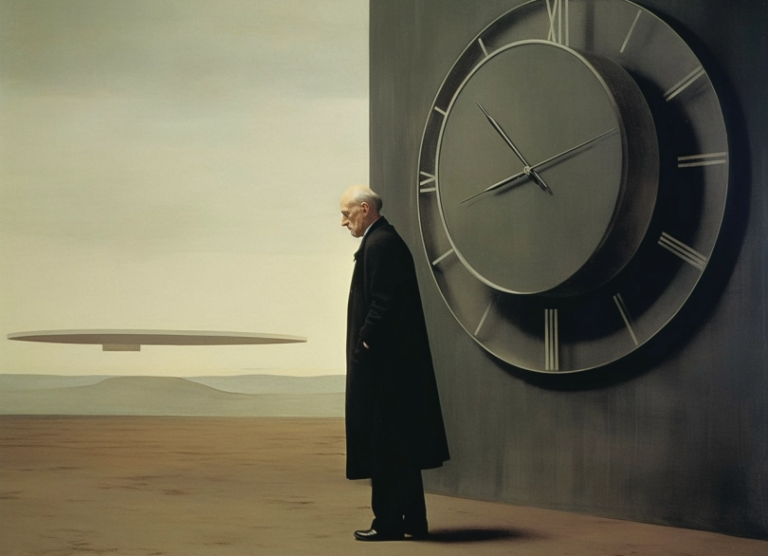The Paradox of Time: Overestimating the Short-Term, Underestimating the Long-Term

The paradox of time is a fundamental aspect of human perception and decision-making, characterized by the tendency to overestimate the importance of the short-term while underestimating the impact of the long-term. This phenomenon has far-reaching implications across various domains, including personal finance, health behavior, and environmental conservation. Understanding the factors that contribute to this paradox, such as cognitive biases and the immediacy of short-term consequences, is crucial for making informed decisions that consider both immediate needs and long-term consequences.
